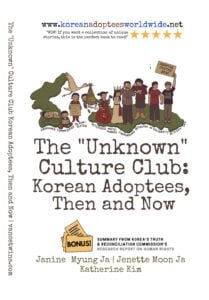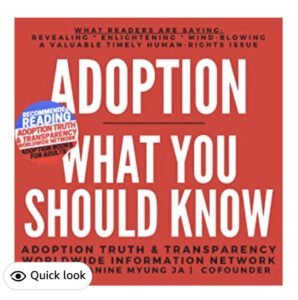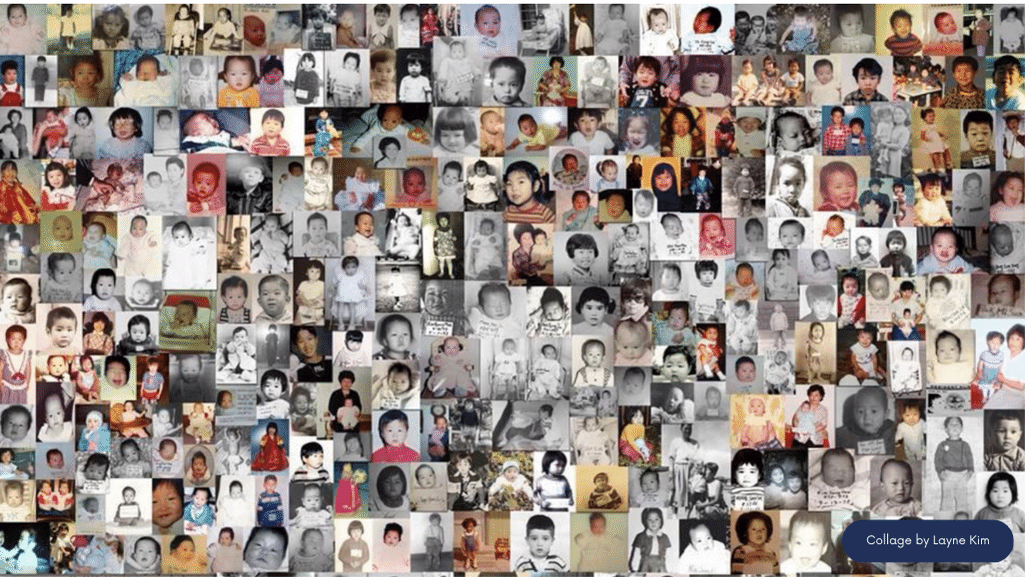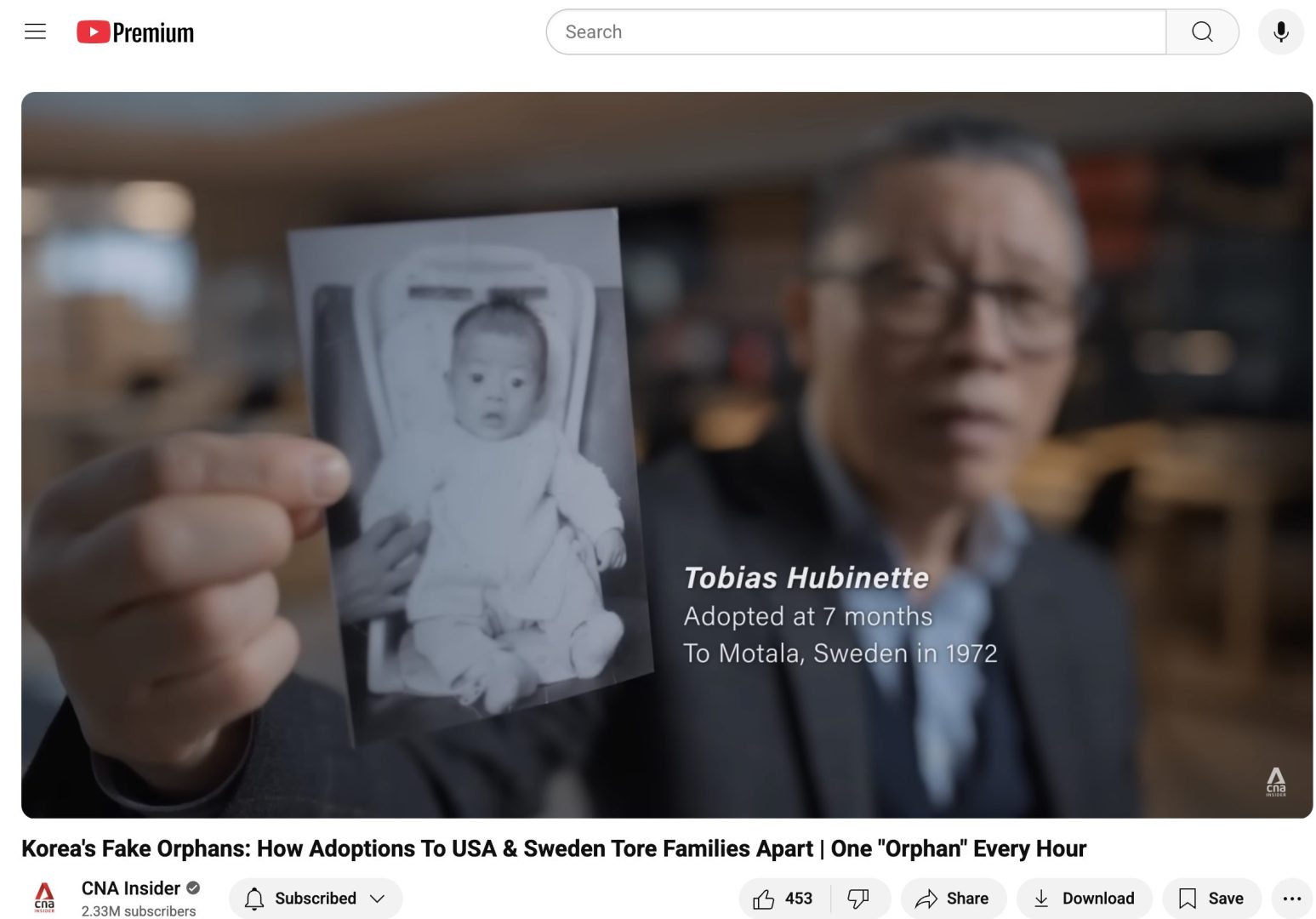Media Contact: Info@AdoptionHistory.org
SBS Interview about Adoptee Deportations – Monte Haines
Monte Haines was born in 1970 in Korea and was sent for adoption to a family in Iowa through Holt International.
Contributor of The “Unknown” Culture Club: Korean Adoptees, Then and Now, Monte was born in 1970 in South Korea and was sent for adoption to a family in Iowa in 1978 through Holt International on an IR-4 visa. His adoption was never finalized, and then Monte was again relinquished. He bounced around between several foster homes before he was legally adopted by his parents in 1981. In 2009, he was deported to South Korea, a country where he had no familiarity with the language or culture.
Want to know the true-life stories of deported adoptees from Seoul, South Korea? If you watched Justin Chon’s film titled Blue Bayou, you should know the background history of not only deported adoptees, like Adam Crapser and Monte Haines but the typical childhood narratives of adoptees like them. This collection, compiled by Korean adoptees, serves as a tribute to transracially adopted people sent all over the world. It has been hailed to be the first book to give Korean adoptees the opportunity to speak freely since the pioneering of intercountry adoption after the Korean War. If you were adopted, you are not alone. These stories validate the experiences of all those who have been ridiculed or outright abused but have found the will to survive, thrive, and share their tale. Adopted people all over the world are reclaiming the right to truth and access to birth documents. Read The “Unknown” Culture Club: Korean Adoptees, Then and Now.
How did adoptions start in South Korea? Read Adoption: What You Should Know.
The rise of international adoption has come at a cost, and it’s important to acknowledge the aftermath on the people most impacted: children, families, and communities. Rare Adoption Books for Adults by Janine Vance provides readers with a deeper understanding of the issues adult adoptees faced yesterday, around the world, and still today.
WHAT DO KOREAN ADOPTEES SAY TODAY ABOUT INTERNATIONAL ADOPTION?





